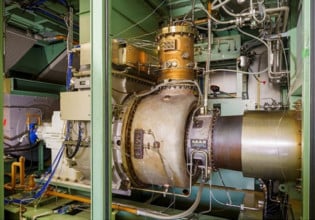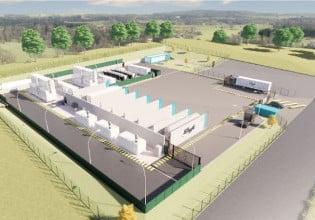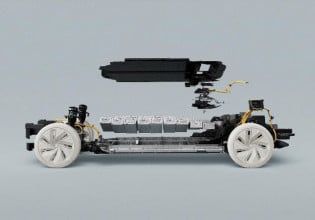A new, publicly-funded research project, “Energy for a Green Society” (ERG), recently announced the details of its multinational/multidisciplinary program, which aims to achieve “substantial advances in the solar-energy supply chain, from sustainable harvesting to smart distribution.” The three-year ENIAC JU project aims to push solar-cell efficiency towards 25% and reduce power conversion losses by 20%. Focusing on improving the efficiency of solar cells, devising innovative harvesting techniques, reducing power-conversion losses and enhancing energy-management strategies, the ERG program aims to address the technological challenges posed by Europe’s 2020 climate targets and general energy policies.
In the project’s first stage, researchers will focus on the design and development of innovative solar cells, with one objective being to demonstrate commercially viable applications of printable dye-sensitized solar cells that may represent a low-cost alternative to silicon solutions. Simultaneously, the project partners will seek ways to optimize the use of energy generated by photovoltaic (PV) systems. They will concentrate on power-management electronics for silicon-cell panels and micro-electro-mechanical systems for concentrated PV cells, and explore techniques that track the maximum power point to boost output from solar arrays and improve power-conversion efficiency at the module and sement levels.
“The ERG initiative will contribute to the establishment of a solid electronics design base for Europe and create a set of technology standards for the solar energy sector,” stated ERG project coordinator Dr. Francesco Gennaro, who is also a Staff Engineer for STMicroelectronics. “ERG’s goal is to achieve significant efficiency improvements along the whole supply chain from PV panels to grid connection and make them available to all partners.”
Organized into a number of work packages, the ERG project is set to span a total duration of 36 months, at a total cost of €25.7 million. It is being partially funded through a combination of European and national grants, under the rule of ENIAC JU 2010. Participating countries are Italy, Belgium, Germany, Spain, Ireland, The Netherlands, Slovak Republic and United Kingdom.






